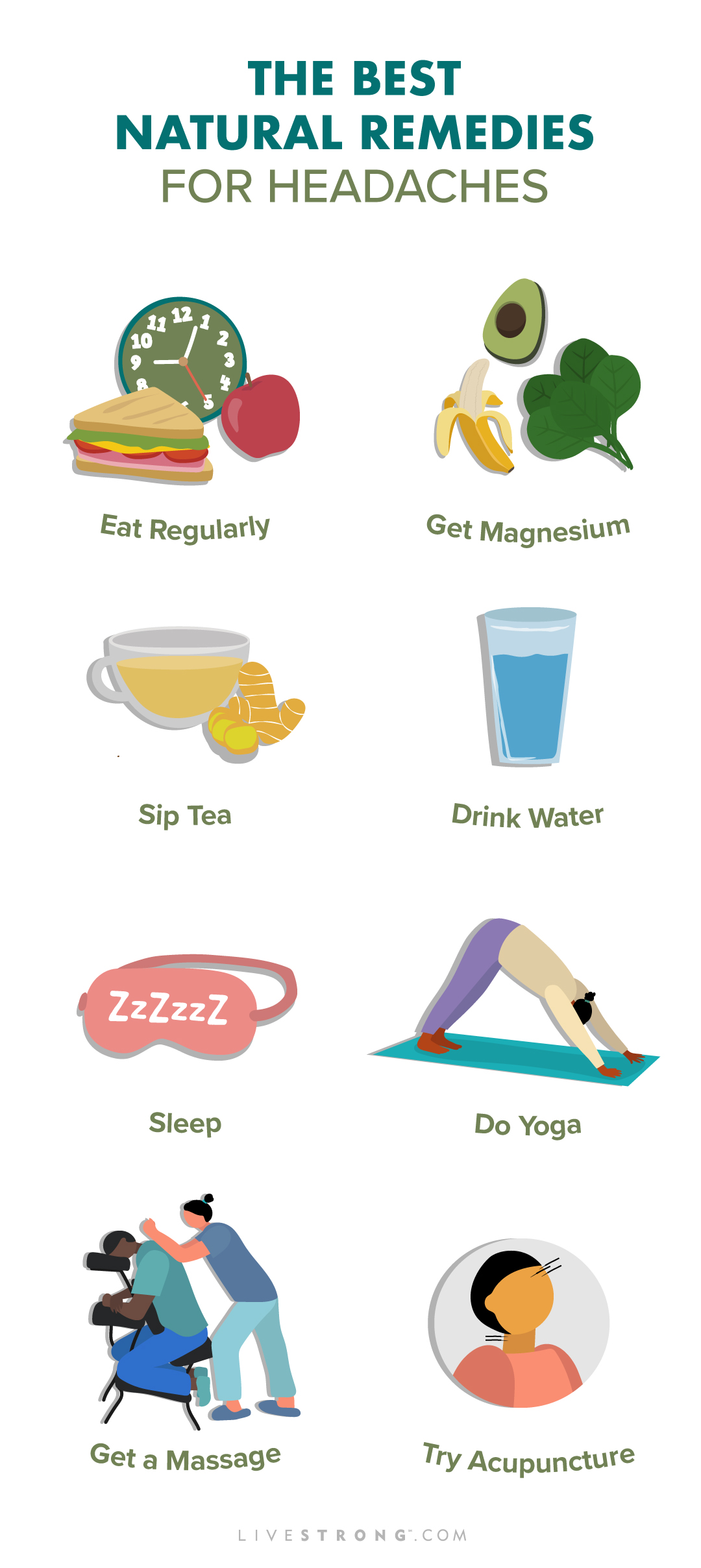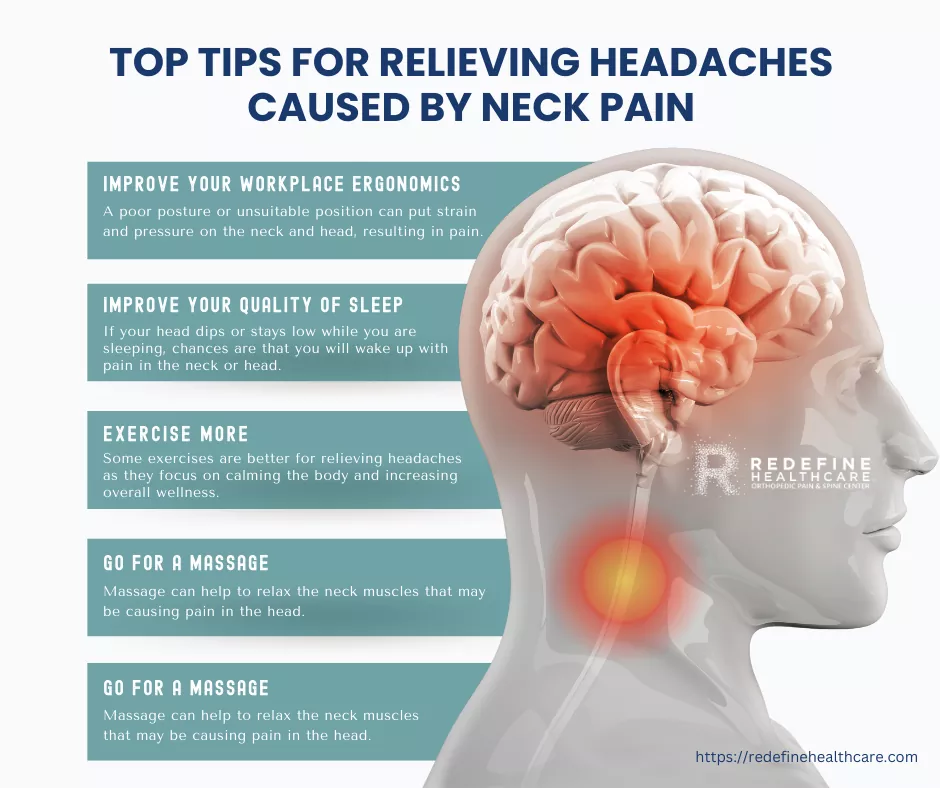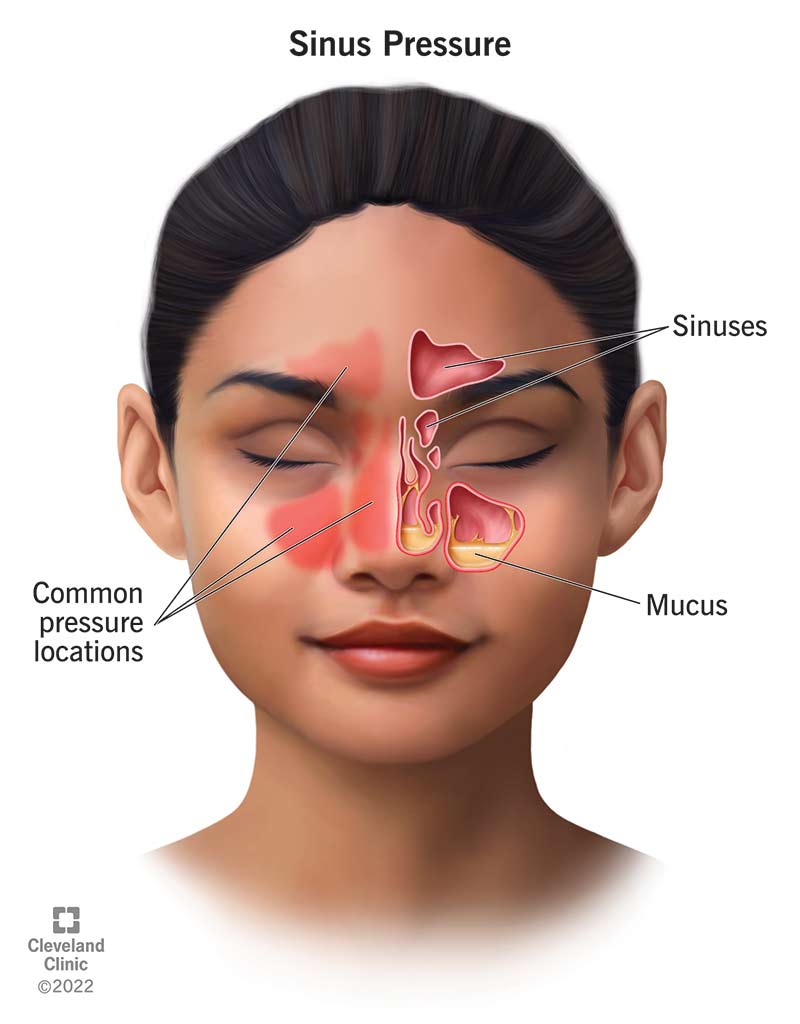Topic what helps tension headaches: Discover effective strategies for relieving tension headaches, ensuring you can manage this common condition with ease and regain comfort in your daily life.
Table of Content
- Simple Self-Care Measures
- Medications and Therapies
- Lifestyle Adjustments and Alternative Remedies
- Understanding Tension Headaches
- What are some effective ways to relieve tension headaches?
- Immediate Relief Techniques
- YOUTUBE: Tension Headache Relief with Simple Stretches
- Over-the-Counter Medication Options
- Prescription Treatments
- Lifestyle and Home Remedies
- Alternative Therapies and Relaxation Techniques
- Preventive Strategies
- When to Seek Professional Help
Simple Self-Care Measures
- Apply heat to relieve tense neck and shoulder muscles using a heating pad, hot water bottle, warm compress, or hot towel.
- Alternatively, apply ice or a cool washcloth to the forehead for relief.
- Regular physical activity can help by strengthening and stretching neck and shoulder muscles.
- Maintain a regular sleep, exercise, and meal schedule to reduce the frequency of headaches.
- Stay hydrated by drinking plenty of water throughout the day.

READ MORE:
Medications and Therapies
- Over-the-counter (OTC) pain relievers like ibuprofen, aspirin, and paracetamol can provide immediate headache relief.
- Antidepressants such as venlafaxine and mirtazapine may help prevent tension-type headaches in some individuals.
- Anti-seizure medications and muscle relaxants have also shown potential in preventing headache pain.
- Consider cognitive behavioral therapy and stress reduction techniques to manage stress, a common trigger for tension headaches.
Lifestyle Adjustments and Alternative Remedies
- Practice relaxation techniques regularly, such as deep breathing, meditation, or yoga, to reduce stress levels.
- Take breaks from prolonged computer use or other activities that may strain your eyes or neck.
- Ensure your work environment and posture do not contribute to neck strain or eye strain.
- Eating a balanced diet and ensuring magnesium intake can also support headache prevention.
By combining these measures, you can effectively manage and potentially reduce the frequency of tension headaches. Remember to consult a healthcare provider if your headaches persist or worsen, to rule out any underlying conditions and to find a treatment plan that works best for you.
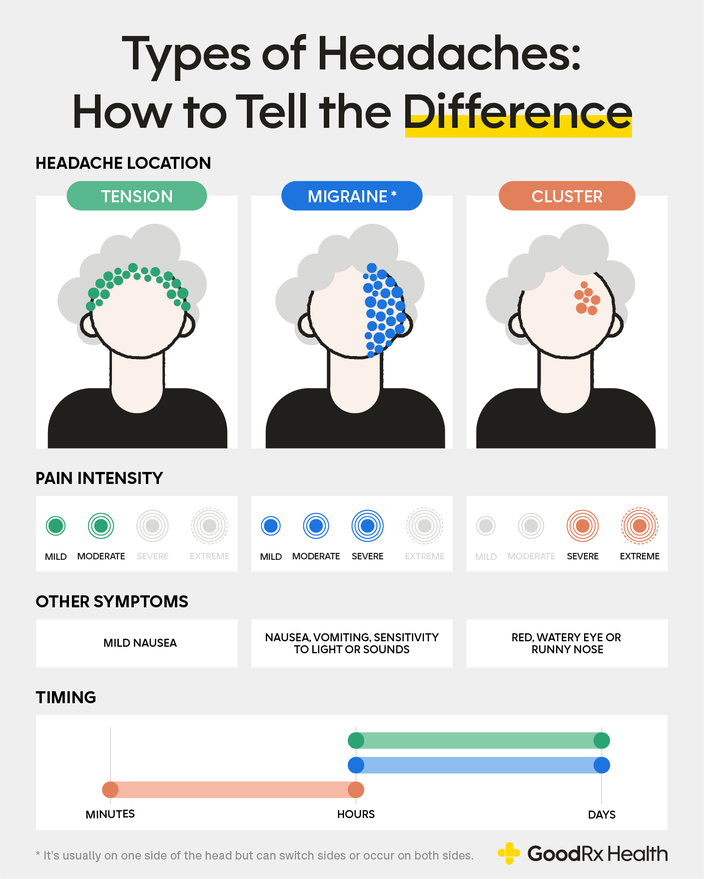
Understanding Tension Headaches
Tension headaches, the most common type of headache, are characterized by a dull, aching head pain and a sensation of tightness or pressure across the forehead or on the sides and back of the head. These headaches may also cause tenderness in the scalp, neck, and shoulder muscles. Unlike migraines, tension headaches typically do not cause nausea, vomiting, or sensitivity to light.
- Dull, aching head pain
- Feeling of tightness or pressure across the forehead or on the sides and back of the head
- Tenderness in the scalp, neck, and shoulder muscles
There are two main categories of tension-type headaches: episodic and chronic. Episodic tension headaches occur less frequently, while chronic tension headaches happen more often, sometimes daily.
Various factors contribute to the onset of tension headaches, including muscle tension, stress, lack of sleep, poor posture, eye strain, dehydration, and irregular meal times. Understanding these triggers is essential for managing and preventing tension headaches effectively.
What are some effective ways to relieve tension headaches?
There are several effective ways to relieve tension headaches:
- Practice relaxation techniques such as deep breathing, meditation, or yoga to help reduce stress and tension in your muscles.
- Apply a heating pad or ice pack to your neck and shoulders to help relax tense muscles and reduce headache pain.
- Massage your neck and scalp to help release tension and improve circulation in the affected areas.
- Ensure you are getting an adequate amount of sleep and maintain a regular sleep schedule to help prevent headaches triggered by sleep disturbances.
- Stay hydrated by drinking plenty of water throughout the day to help prevent dehydration, which can contribute to headaches.
- Avoid triggers such as certain foods, bright lights, loud noises, and strong smells that may worsen your headaches.
- Consider over-the-counter pain relievers such as ibuprofen, acetaminophen, or aspirin to help alleviate headache pain.
- Engage in regular physical activity to help reduce stress, improve circulation, and promote overall well-being.
Immediate Relief Techniques
Tension headaches, characterized by a dull, aching pain and a sense of tightness around the forehead or back of the head and neck, can disrupt daily life. Immediate relief techniques focus on easing muscle tension, reducing stress, and making lifestyle adjustments.
- Muscle Relaxation: Apply heat or ice to relieve muscle tension in the neck and shoulders. A warm compress, hot shower, or cold washcloth on the forehead can help. Gentle massage of temples, scalp, neck, and shoulders can also ease the pain.
- Stress Management: Stress is a significant trigger for tension headaches. Techniques such as deep breathing, practicing relaxation exercises, and taking breaks from stressful activities can help. Simplifying your daily routine and maintaining a positive attitude are also beneficial.
- Lifestyle Changes: Regular exercise, maintaining a healthy sleep schedule, and managing caffeine intake can prevent headaches. Avoiding smoking and being mindful of posture, especially when using electronic devices, are also recommended.
- Headache Diary: Keeping track of headache occurrences, duration, and any relief techniques that helped can identify triggers and effective management strategies.
Additionally, over-the-counter pain medications like aspirin, ibuprofen, or acetaminophen may provide temporary relief for episodic tension headaches. However, it"s essential to use these sparingly to avoid medication-overuse headaches. For chronic or severe cases, seeking professional advice from healthcare providers is advisable.
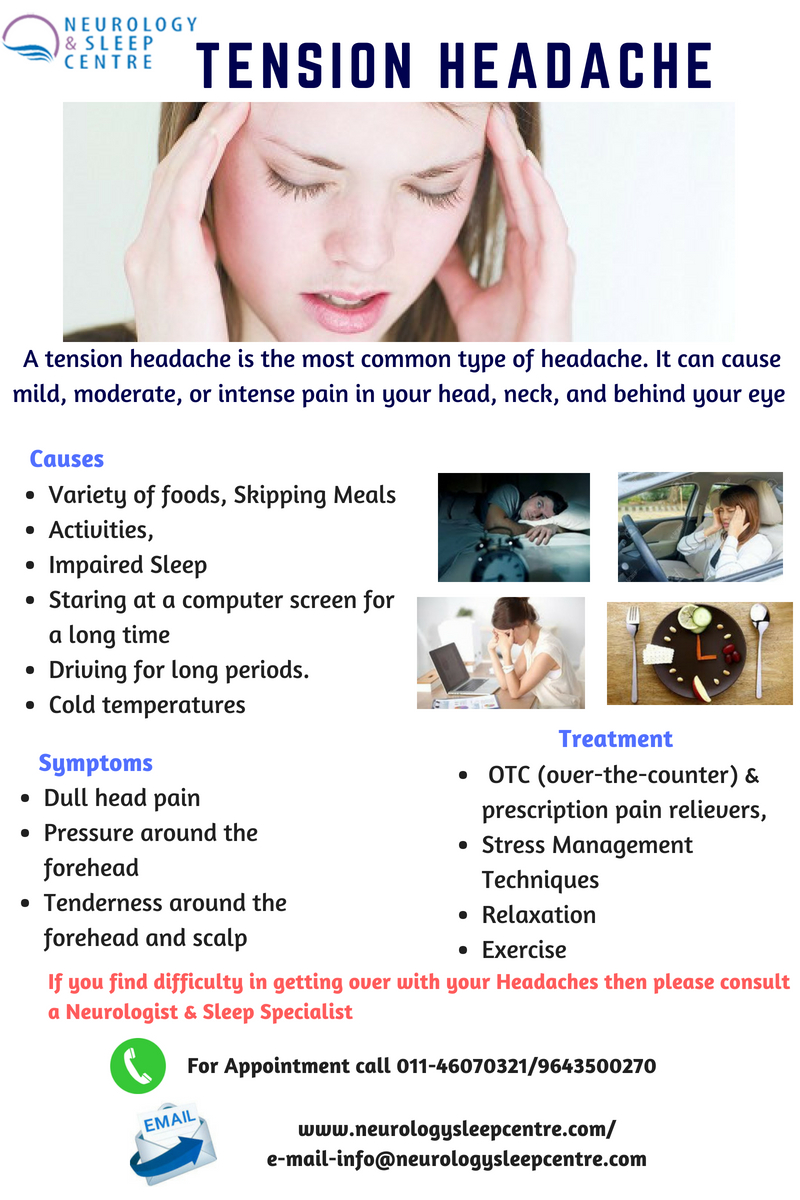
Tension Headache Relief with Simple Stretches
Stretches: Dive into a world of relaxation and rejuvenation as you explore the art of stretching in this captivating video. Feel your body loosen up and tension melt away as you follow along! Mobility: Join us on a journey to discover the secrets of improved mobility in this transformative video. Learn effective techniques to enhance your range of motion and unlock your body\'s full potential.
Mobility Stretches to Help Relieve Tension Headaches
Learn more about tension headaches from Airrosti\'s Dr. Casey Crisp. He demonstrates a few simple exercises you can do ...
Over-the-Counter Medication Options
For immediate relief from tension headaches, over-the-counter (OTC) medications are commonly utilized. These include:
- Aspirin
- Ibuprofen (Advil, Motrin IB)
- Naproxen Sodium (Aleve)
Additionally, combination medicines that might contain aspirin, acetaminophen (Tylenol), caffeine, or a sedative are available, which can be more effective than single-ingredient options. For individuals who experience both migraines and episodic tension-type headaches, triptans can also provide effective relief. While prescription opioids are sometimes used, they are generally avoided due to their side effects and potential for dependency.
Prescription Treatments
For those experiencing tension headaches, prescription treatments are an option when over-the-counter medications and other therapies do not provide relief. A health care professional may prescribe preventive medicines to reduce the frequency or intensity of headaches. These may include:
- Tricyclic antidepressants such as amitriptyline, nortriptyline, and protriptyline, which can have side effects like constipation, drowsiness, and dry mouth.
- Other antidepressants, including venlafaxine and mirtazapine, to help prevent tension-type headaches.
- Anti-seizure medications and muscle relaxants like gabapentin, topiramate, and tizanidine, which may be used for prevention, although further research is needed to understand their effectiveness fully.
It is important for patients to know that it can take several weeks for preventive medicines to take effect. During this time, the overuse of pain relievers can interfere with the benefits of preventive medicines. Health care professionals will monitor the treatment"s progress, adjusting as necessary to find the most effective approach for the patient.

Lifestyle and Home Remedies
Maintaining a healthy lifestyle can significantly impact the frequency and severity of tension headaches. Incorporating simple practices into your daily routine can help manage and potentially reduce the occurrence of these headaches.
- Eat a balanced diet and stay hydrated by drinking plenty of water. Avoid skipping meals, especially breakfast.
- Regular exercise releases chemicals that block pain signals to the brain. Activities such as walking, swimming, or cycling are beneficial, but start slowly to avoid triggering headaches.
- Ensure adequate sleep by establishing a consistent sleep schedule, even on weekends, and create a relaxing bedtime routine. Avoid stimulants that can interfere with sleep.
- Limit caffeine intake to less than 400 milligrams a day to avoid headaches and irritability caused by excessive consumption or withdrawal.
- Quit smoking to improve blood flow to the brain and reduce the risk of headaches.
Stress management is also crucial in preventing tension headaches:
- Simplify your schedule to reduce stress and avoid overcommitting.
- Take short breaks for stretching or walking to rejuvenate.
- Practice deep breathing or meditation to calm the mind.
- Maintain a positive attitude and let go of concerns outside your control.
To ease muscle tension, apply heat or ice to the neck and shoulders or enjoy a gentle massage. Regular relaxation practices and keeping a headache diary to identify and avoid triggers can also be effective strategies.
Alternative Therapies and Relaxation Techniques
Exploring alternative therapies and relaxation techniques can offer significant benefits in managing tension headaches. These methods aim to reduce stress, improve your physical and emotional well-being, and decrease the frequency and intensity of headaches. Here are some effective strategies:
- Acupuncture: This technique involves inserting very thin needles into specific points on the body to relieve tension and pain. It"s considered safe when performed by a qualified practitioner.
- Massage: Helpful in reducing stress and relieving muscle tension, especially in the back of the head, neck, and shoulders. Regular massage can also offer relief from headache pain for some people.
- Deep Breathing, Biofeedback, and Behavior Therapies: Techniques that focus on improving your body"s response to stress can be particularly useful. They help in recognizing and managing the physical signs of tension.
- Progressive Muscle Relaxation: By tensing and then relaxing muscle groups, you can become more aware of physical sensations and learn to distinguish between muscle tension and relaxation.
- Visualization: This involves forming mental images of a peaceful, calming place or situation to relax the mind and body. Incorporating as many senses as you can in your visualization enhances the relaxation experience.
- Other Techniques: Including meditation, yoga, and tai chi, which also support stress reduction and mental well-being, potentially reducing headache occurrences.
Relaxation techniques not only help manage stress but also improve various physiological functions such as lowering heart rate and blood pressure, reducing muscle tension, and enhancing mood. Regular practice of these techniques, combined with a healthy lifestyle, can contribute to overall headache management.
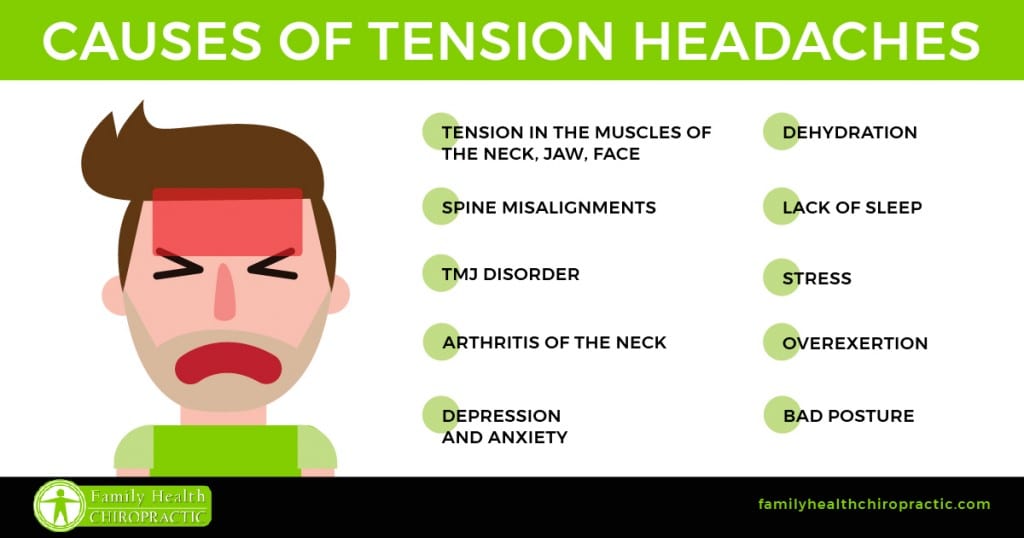
Preventive Strategies
Adopting preventive strategies can significantly reduce the occurrence of tension headaches. Stress management and lifestyle adjustments are key components in this preventive approach. Here are several effective methods recommended by health professionals:
- Minimize Stress: Engage in activities that lower stress levels, such as spending time on hobbies, exercising, or practicing mindfulness techniques.
- Regular Breaks: Limit prolonged periods spent on activities like looking at screens or driving; take short breaks to prevent muscle tension.
- Proper Sleep Posture: Sleeping on your back or side with a body pillow can help maintain a neutral neck posture, reducing the risk of headaches.
- Exercise and Stretch: Regular physical activity, including specific exercises for the neck and shoulders, can alleviate muscle tension.
- Over-the-Counter Medication: For episodic headaches, medications such as aspirin, ibuprofen, or acetaminophen may offer relief.
- Alternative Therapies: Consider massage, chiropractic adjustments, physical therapy, or acupuncture for non-pharmacological treatment options.
- Dental Consultation: If jaw clenching is a problem, a dentist can provide solutions, such as a mouth guard, to help alleviate TMJ-related headaches.
Furthermore, engaging in relaxation techniques like meditation, yoga, and deep breathing exercises can be incredibly beneficial. Simplifying your daily schedule, ensuring regular exercise, eating a balanced diet, and getting adequate sleep are foundational steps to managing stress and preventing tension headaches. Additionally, seeking social support, managing time efficiently, preparing for the day ahead, and maintaining a positive attitude can also contribute significantly to reducing headache occurrences.
READ MORE:
When to Seek Professional Help
If you frequently experience tension headaches or if the pain is severe, it"s important to seek advice from a healthcare professional. While many tension headaches can be managed with self-care and over-the-counter treatments, there are situations when professional help is necessary:
- If you have headaches several times a week or they"re severe.
- If common pain relievers and relaxation techniques do not alleviate your headaches.
- If you experience a throbbing pain at the front or on one side of your head, accompanied by nausea, vomiting, or sensitivity to light or noise, as these may indicate a migraine or cluster headache.
During your appointment, a healthcare provider may suggest keeping a headache diary to identify patterns or triggers. They may discuss the use of pain relievers for tension headaches and advise on their appropriate use. For regular tension headaches, treatments like acupuncture or antidepressants like amitriptyline might be suggested. Amitriptyline is sometimes recommended to help prevent tension headaches, usually started at a low dose which may later be increased.
If painkillers and lifestyle changes do not reduce your headaches, or if the cause is unclear, you might be referred to a specialist for further evaluation and treatment.
It"s crucial to contact a healthcare provider if your headaches disrupt your daily activities, work, or personal life. In cases where headaches are sudden and severe, follow a head injury, are accompanied by symptoms like fever, stiff neck, confusion, or if the pain worsens despite treatment, immediate medical attention may be necessary as these could indicate a more serious condition.
Discover effective ways to alleviate tension headaches with our comprehensive guide. From immediate relief techniques to lifestyle changes and when to seek professional help, we cover all you need to manage your headache and improve your quality of life.


